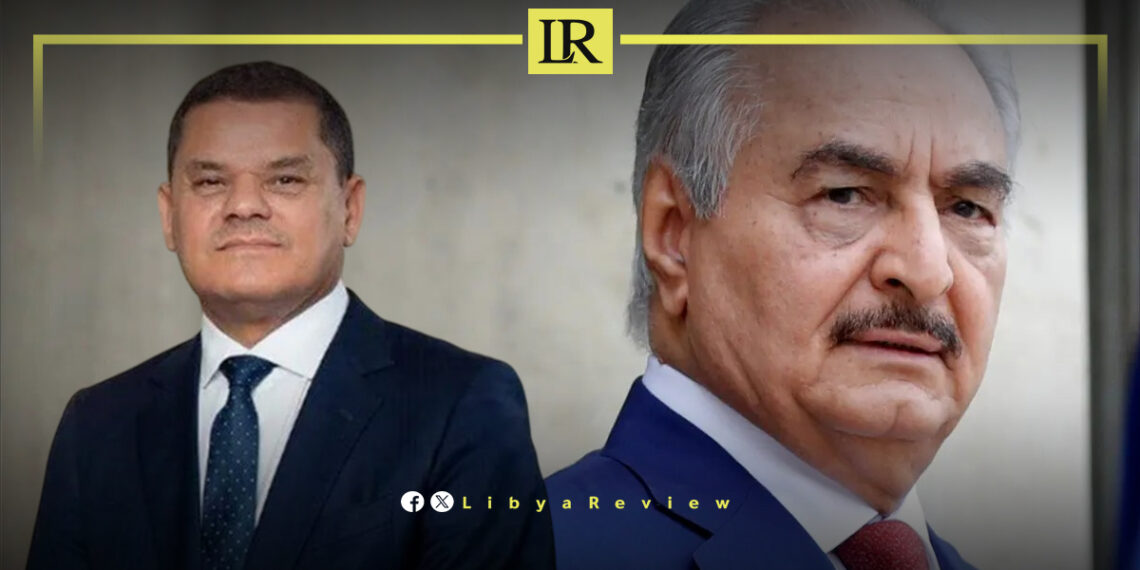Libya’s fragile political and security landscape is once again under scrutiny following a surge in militia violence in the capital, Tripoli, sharply contrasting with the growing sense of stability and reconstruction in the eastern part of the country.
Tensions in Tripoli escalated dramatically after the killing of Abdelghani Al-Kikli, known as “Ghneiwa,” a powerful militia leader and head of the now-dissolved Stability Support Apparatus.
His death, in what was described as a highly complex security operation inside a military facility, triggered a wave of deadly clashes among rival armed factions linked to the Government of National Unity (GNU).
The violence highlighted the deep-rooted influence of militias in western Libya and revived accusations against Prime Minister Abdul Hamid Dbaiba, who critics say has relied heavily on militia support to maintain his grip on power.
Since taking office in 2021, Dbaiba has repeatedly pledged to disband militias and integrate their members into formal security institutions. However, his government has instead been accused of financing and politically empowering armed groups to ensure their loyalty, even as his mandate officially ended after the failed elections of December 2021.
These developments have reinforced the perception that Dbaiba is using divide-and-rule tactics, fostering rivalry among militias to keep potential threats in check and prevent any single group from becoming dominant.
In stark contrast, Libya’s eastern cities, particularly Benghazi, present a different picture. Since being cleared of extremist and militia forces by the Libyan National Army (LNA) under Field Marshal Khalifa Haftar, the region has experienced relative calm. Major infrastructure projects and reconstruction efforts are underway, and the security situation remains largely stable.
Observers note that while Benghazi has progressed in rebuilding state authority, Tripoli remains trapped in a cycle of factional violence, making political and institutional recovery extremely difficult.
The sharp divide has reignited a critical national debate: can Western Libya achieve lasting peace without dismantling the militia networks entrenched in the capital and other cities? Many believe that replicating the eastern model of disarmament and central authority is essential if Libya is to move toward genuine stability and democratic governance.


